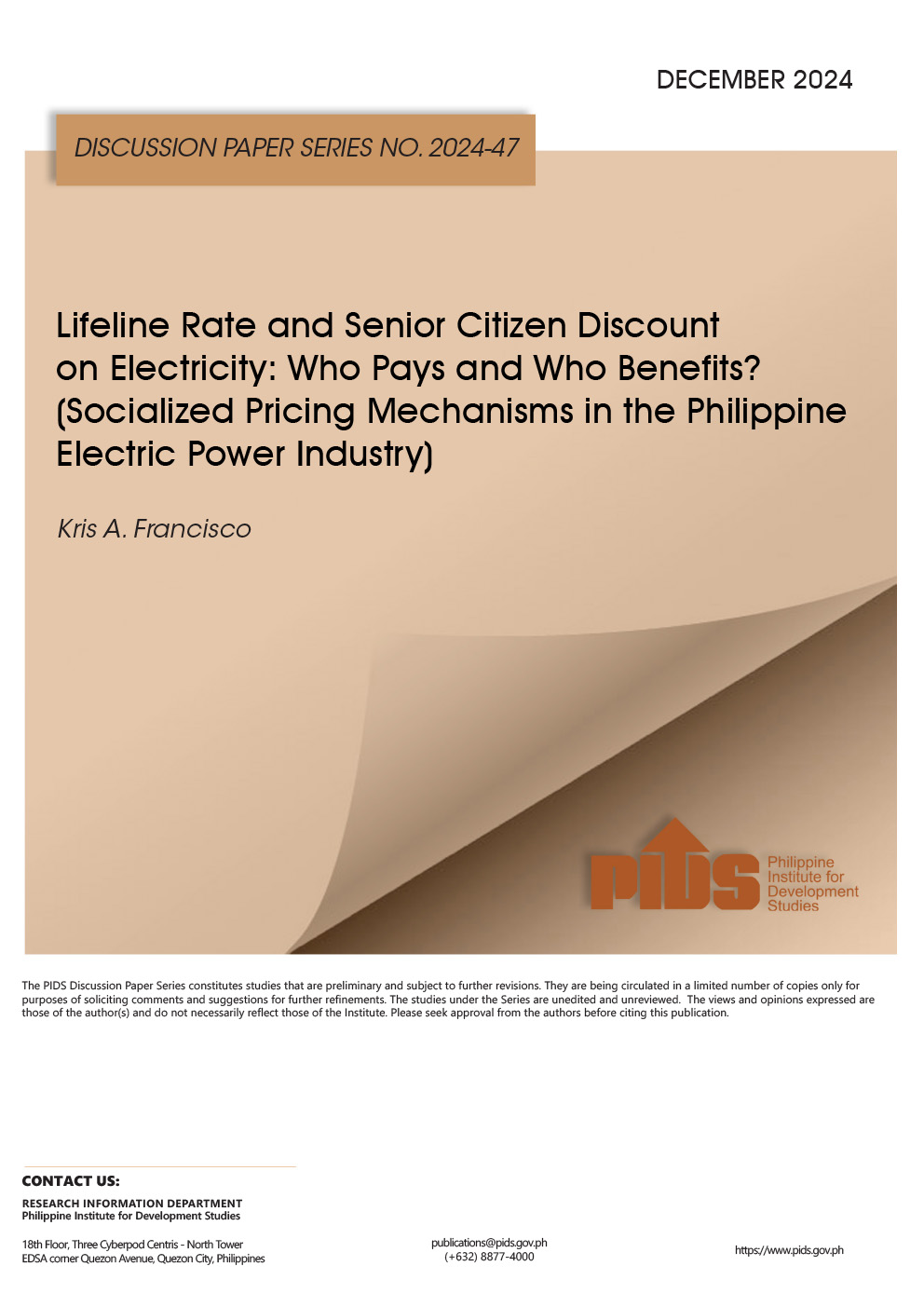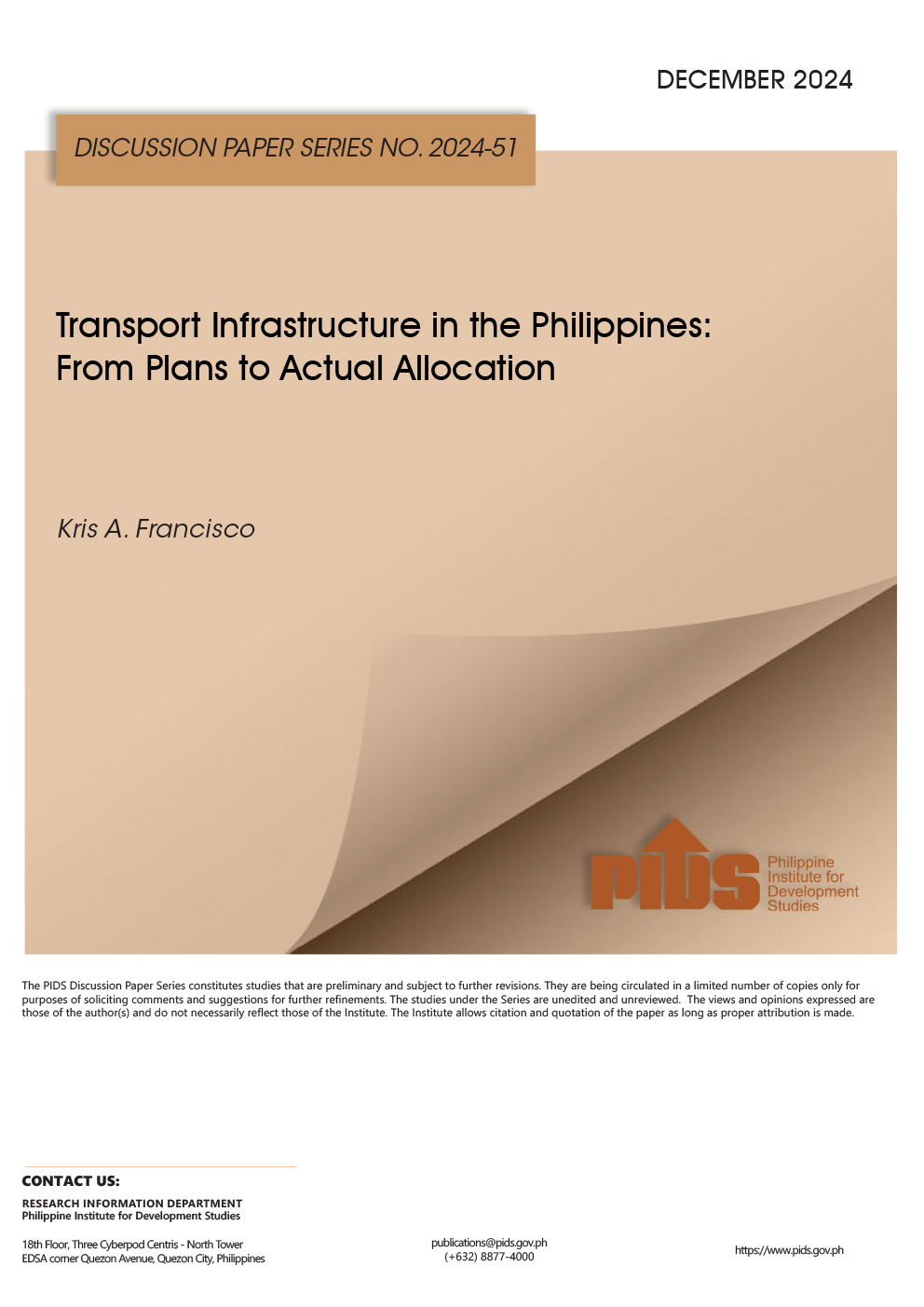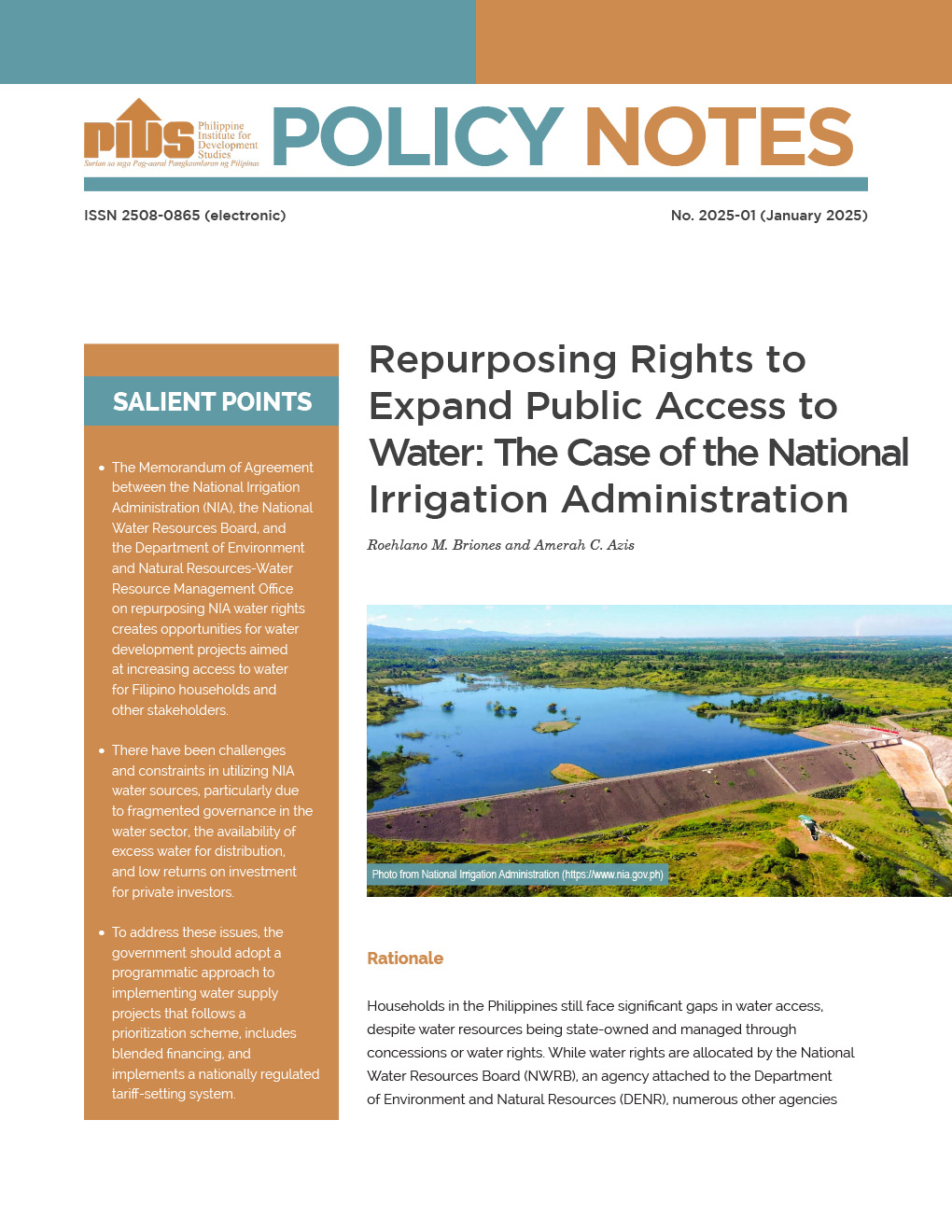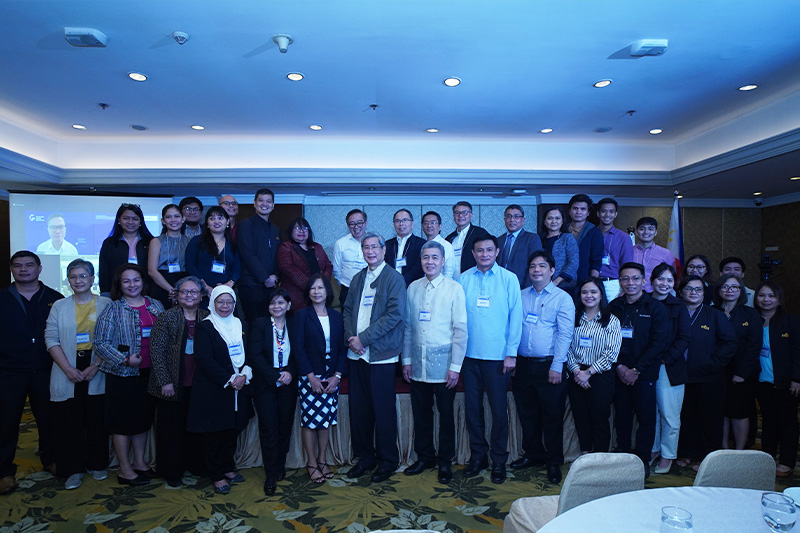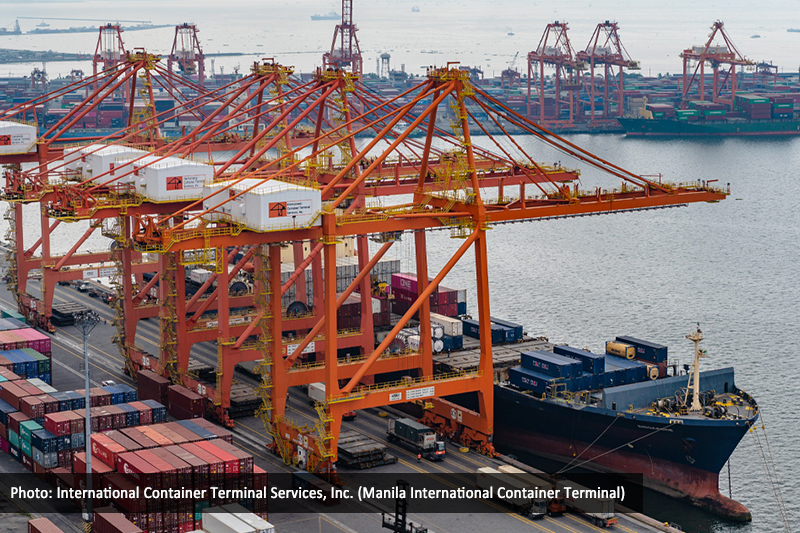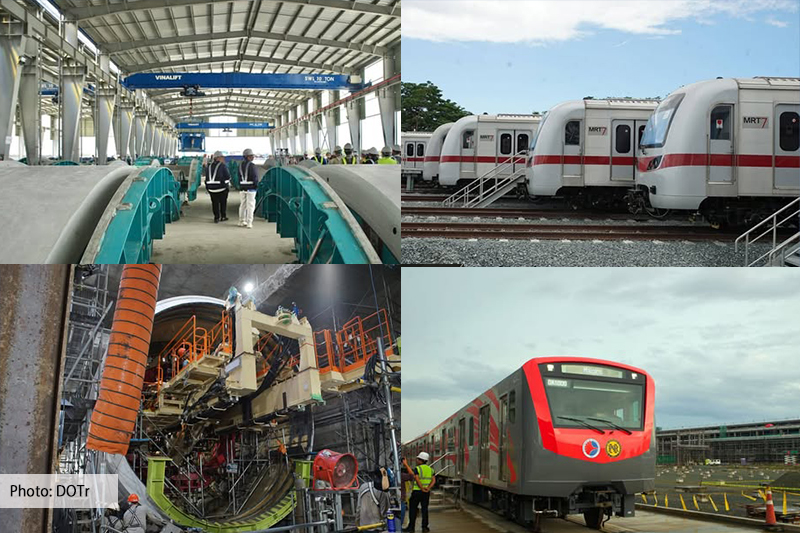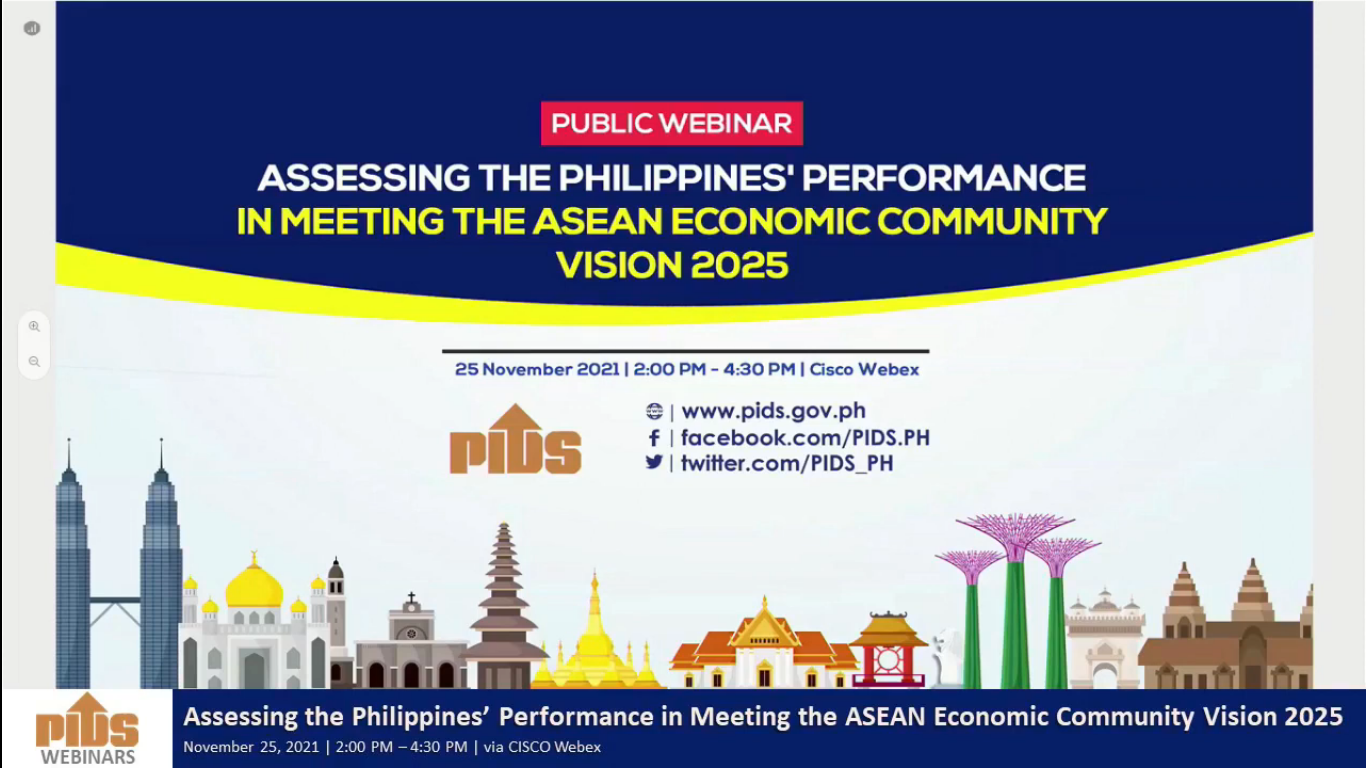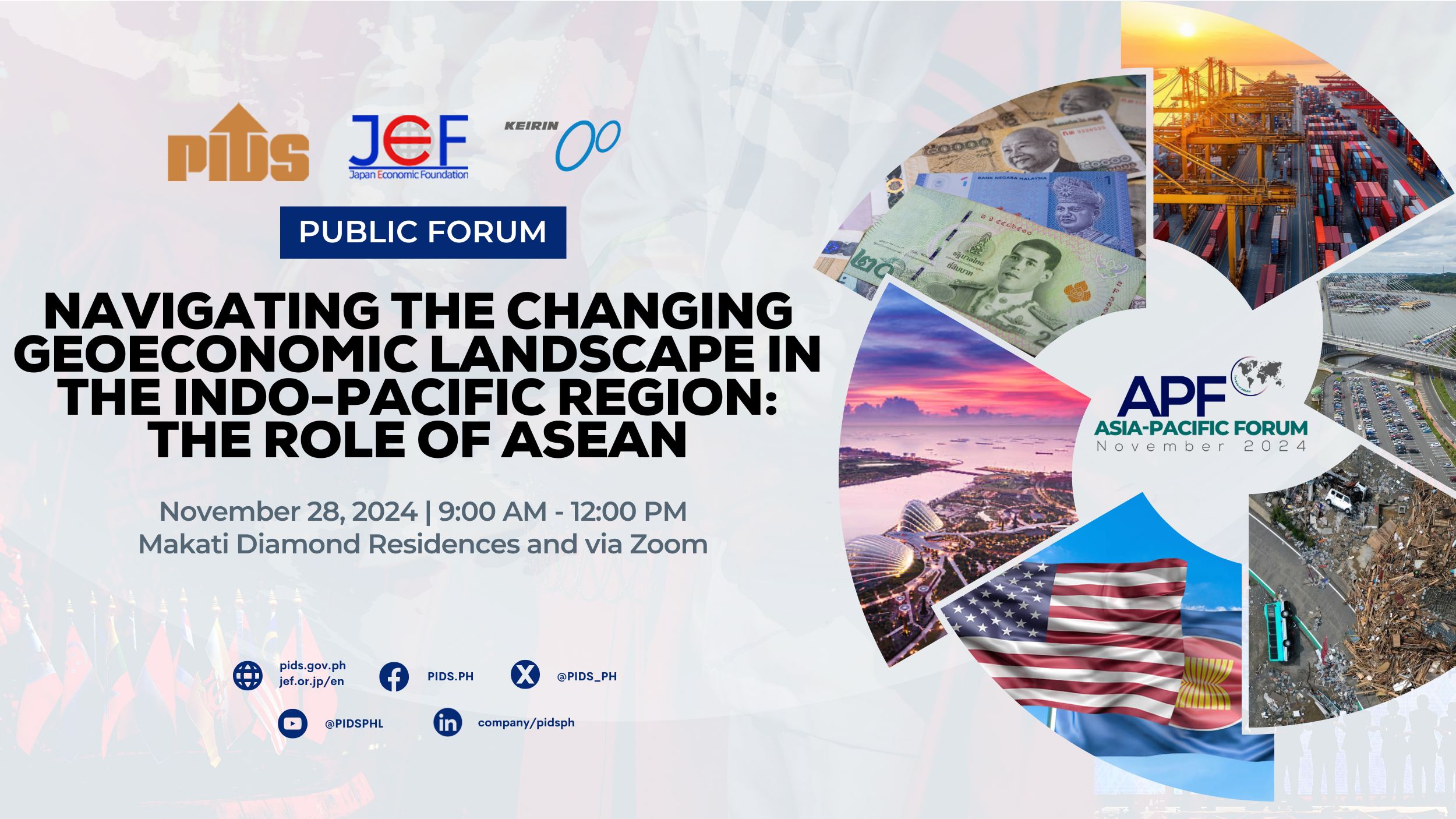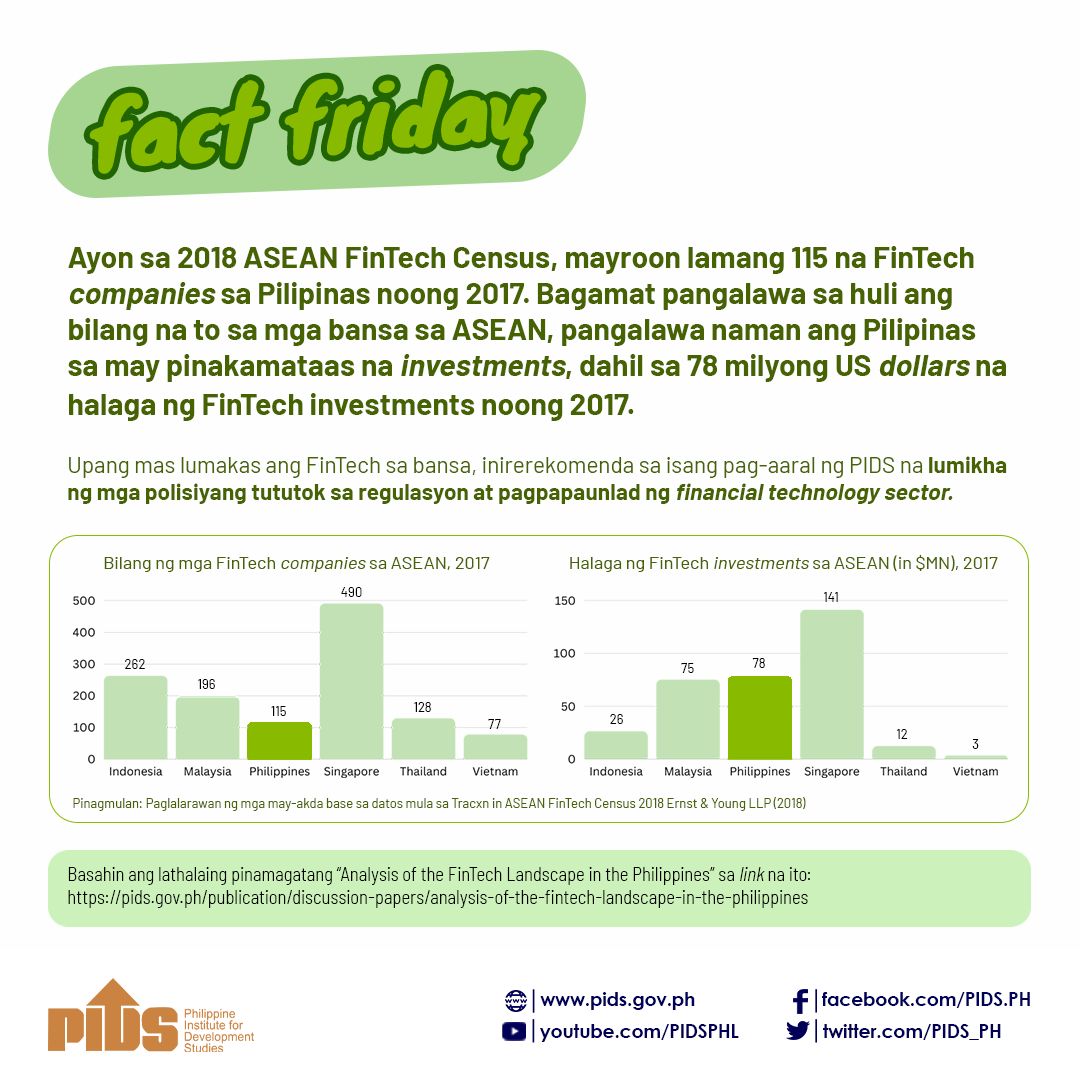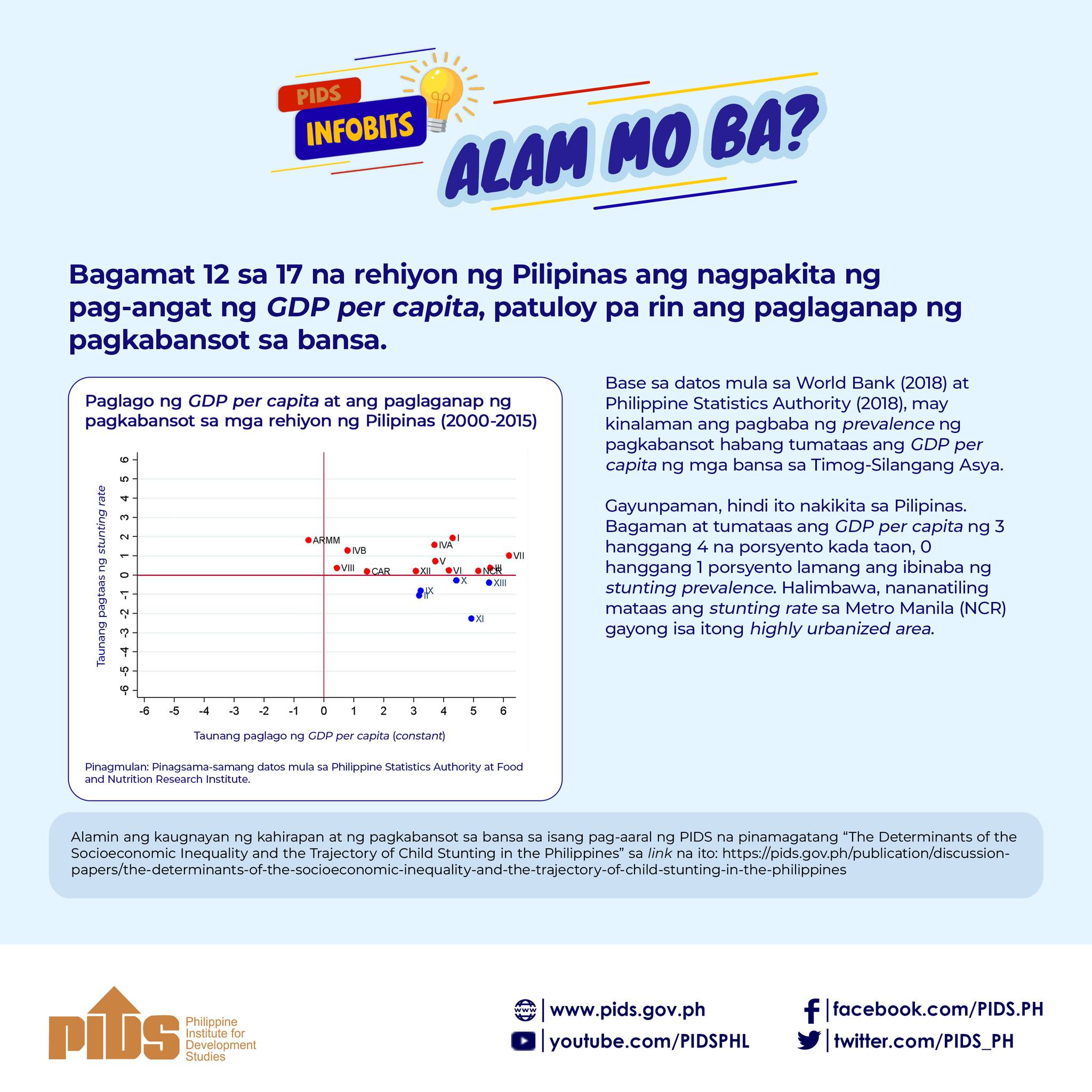As the Association of Southeast Asian Nations (Asean) moves toward deeper integration, member-states must focus not only on economic interests but also on the wider needs of Asean people.
This will make them secure as region-wide measures are being initiated.
According to Datuk Seri Jayasiri, secretary-general of Malaysia’s Ministry of International Trade and Industry, a people-centered Asean will contribute to regional integration as the needs of the larger segment of the population are met and they see the benefits of region-wide initiatives.
Jayasari stressed this at the Asia-Pacific Forum on Integration and Inclusiveness in a Digital Society organized by state think tank Philippine Institute for Development Studies (PIDS) and Tokyo-based Japan Economic Foundation.
However, for this to happen, Jayasari noted that individual actions at the national level as well as collective actions at the regional level across all Asean member-states have to be put in place.
First, he cited the need for creating greater awareness and appreciation of Asean and its initiatives.
A survey conducted by the Economic Research Institute for Asean and East Asia found there is an overall positive attitude toward Asean throughout the region.
However, knowledge and appreciation of the association remains low in some Asean countries.
“A one-off celebration of Asean day yearly is not enough. Top-down decision-making process at the national and regional levels on Asean matters need to be complemented with regular stakeholder engagements, which should include nongovernment organizations, civil society, small businesses, the youth, and other interest groups,” Jayasiri said.
He also suggested for Asean to hold more people-oriented activities regularly while reducing bureaucrats’ meetings.
He added that Asean music, film, arts, food, and sports festivals need to be permanent features in each of the country’s annual calendar of events.
Jayasiri likewise noted that for economic growth to be more inclusive, Asean must ensure that trade initiatives should benefit not just the big corporations, but more importantly, the micro, small and medium enterprises (MSMEs).
“There must be a mechanism to ensure [that] MSMEs are part of the regional value chain. In addition, services liberalization must create cross-border opportunities for smaller service providers. Thus, there is a need for greater depth in services trade liberalization,” Jayasiri said.
Likewise, he emphasized the need to remove barriers to movement of natural persons within the region, which is “core to a people-centered Asean” and an essential component for border trade potentials to be fully realized.
A free flow of trade in services through the elimination of restrictions to trade in services among Asean countries is embedded in the Asean Framework Agreement on Services (AFAS).

